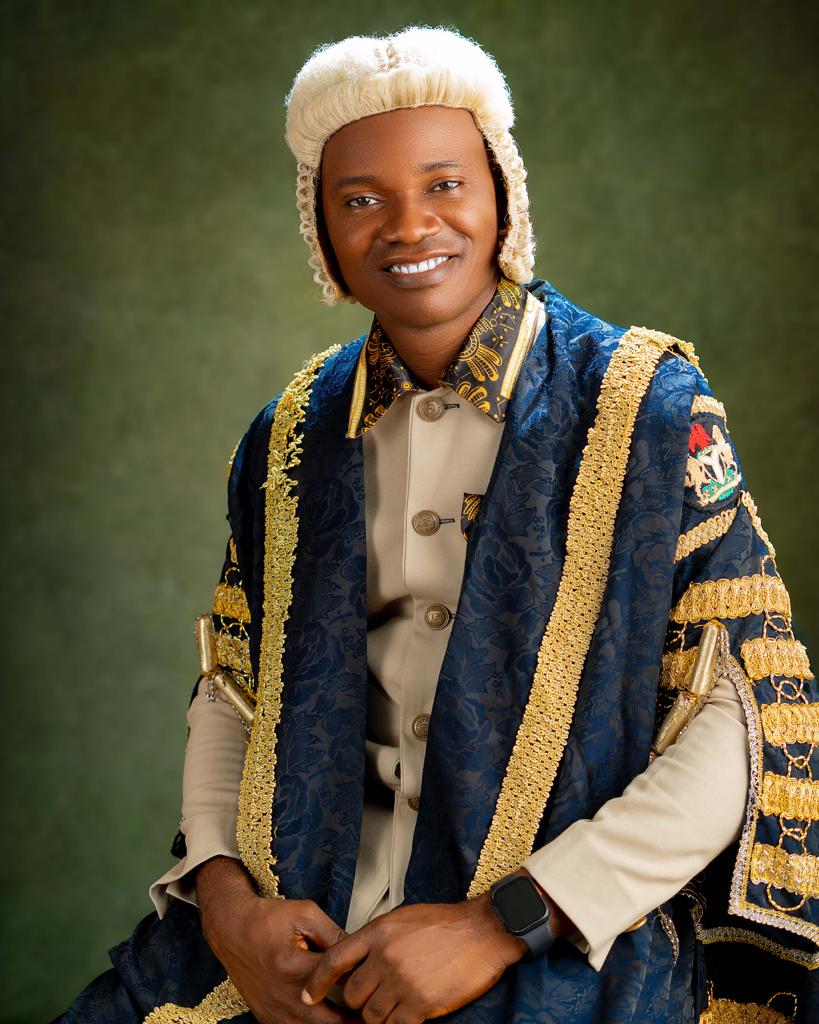





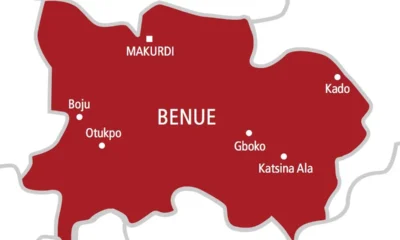

Tension erupted Thursday night as the Yelewata IDP relocation protest broke out at the International Market Internally Displaced Persons (IDP)...
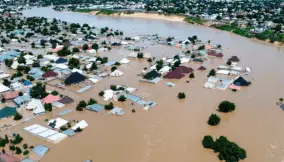

Several residents in Okitipupa, Ondo State, have been displaced after a relentless three-day downpour triggered massive flooding, submerging homes and...
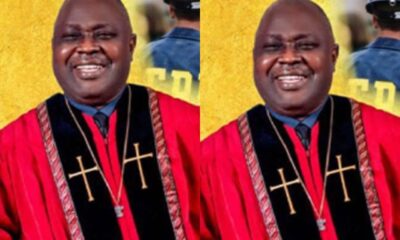

A United States District Court has sentenced Nigerian pastor Edward Oluwasanmi to 27 months in prison for COVID-19 relief fund...
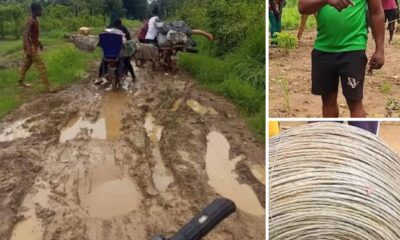

Residents of Nsuba Ettam Okpuitumo in Ikwo Local Government Area of Ebonyi State have taken development into their own hands,...
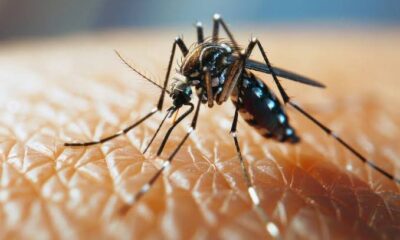

The Edo State Government has officially declared a dengue fever outbreak following a surge in confirmed cases across multiple local...


Enugu State’s commercial airline, Enugu Air, is officially set to commence operations on Monday, July 7, 2025, marking a significant...
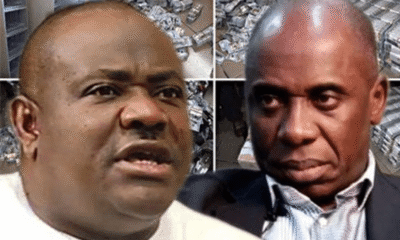

Wike responds to Amaechi in a fiery interview following accusations from the former Minister of Transportation, Rotimi Amaechi, who claimed...
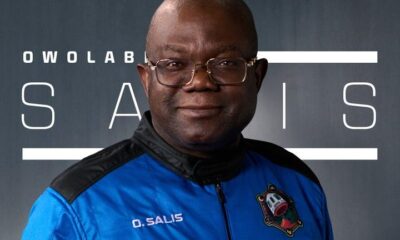

Owolabi Salis, a lawyer, financial consultant, and spiritual thinker, has become the first Nigerian to journey into space, participating in...
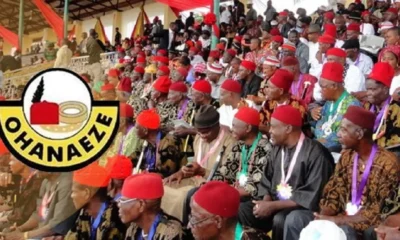

The Igbo Socio-cultural Organization, Ohanaeze Ndigbo, has hailed the recent adoption of the African Democratic Congress, ADC, by the leaders...


Tensions have escalated as the Bendeghe Ekiem cocoa estate protest gains momentum, with women in Bendeghe Ekiem and Abia communities...


The Bauchi State Police Command has confirmed that a Bauchi man kills father during a late-night argument that turned deadly...
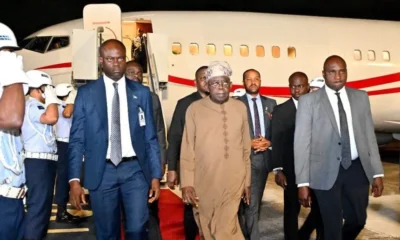

President Bola Ahmed Tinubu has arrived in Rio de Janeiro, Brazil, for the 17th BRICS Summit, which is set to...
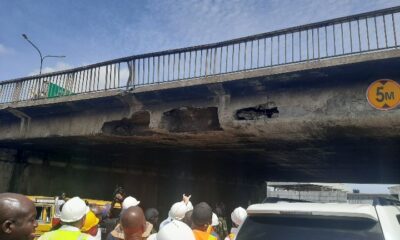

The Federal Government has reduced the cost of the Iddo Bridge rehabilitation project from N27 billion to N17 billion after...


The Nigerian National Petroleum Company Limited (NNPCL) has reduced the pump price of Premium Motor Spirit (petrol) at its retail...


Three major financial institutions—UBA, Wema Bank, and GTBank—have confirmed that Nigerian banks resume international transactions on naira cards, ending a...
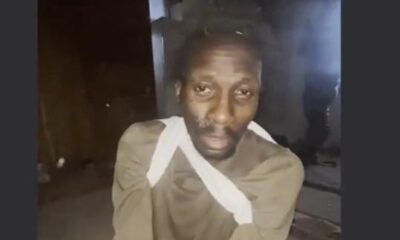

A Nigerian man captured fighting for Russia in the ongoing Ukraine-Russia war has been identified as 29-year-old Kehinde Oluwagbemileke. Ukrainian...
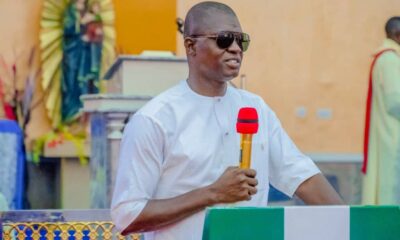

Governor Francis Ogbonna Nwifuru of Ebonyi State has expressed strong support for the creation of an additional state in the...
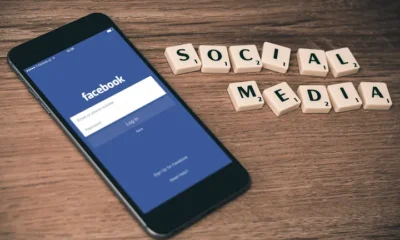

If you are wondering how do I know if a Facebook page is monetized if I do not own the...
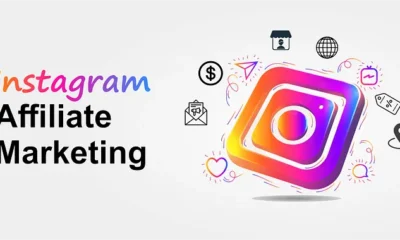

If you’ve ever asked yourself how do I do affiliate marketing on Instagram without followers, you’re not alone. Many beginners...


In a stunning revelation, the FBI has confirmed that Nigerian internet fraudster Ehiremen Aigbokhan orchestrated a ₦460 million cyber scam...


















